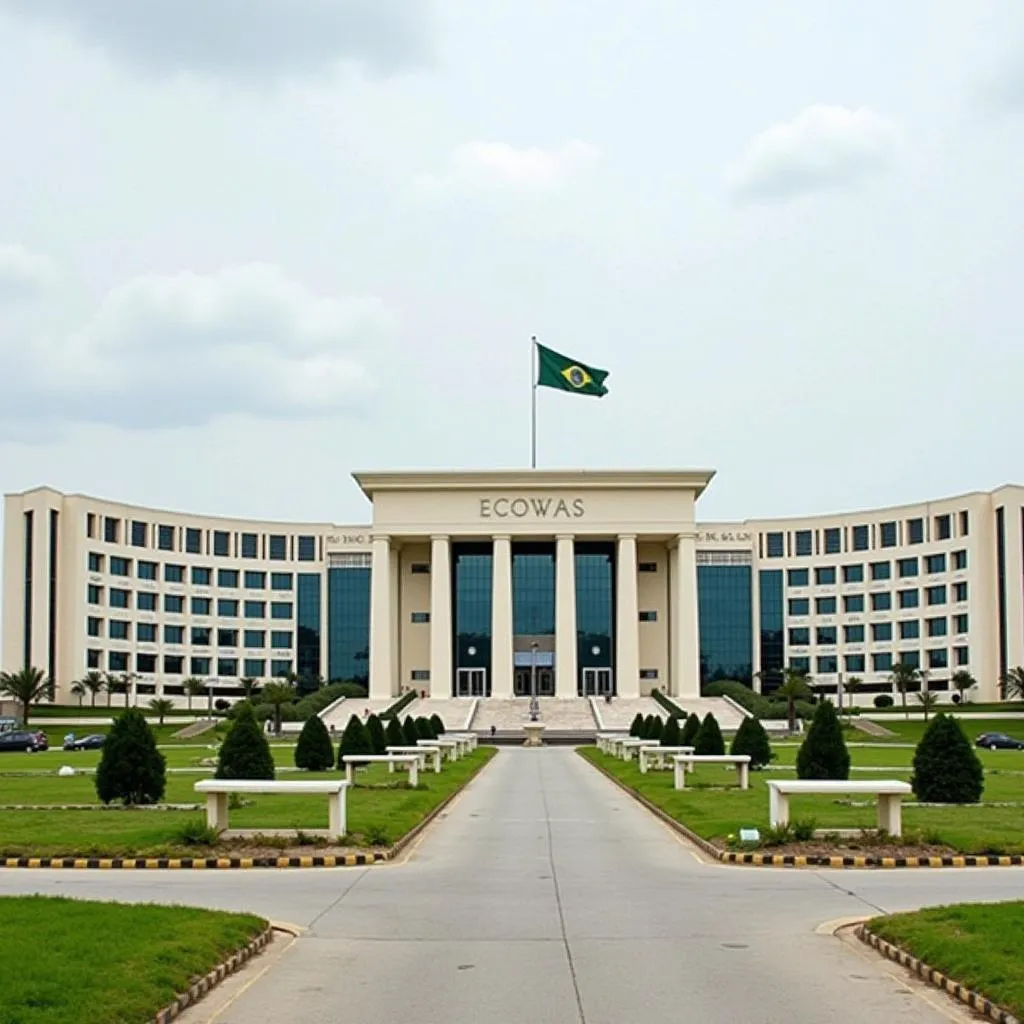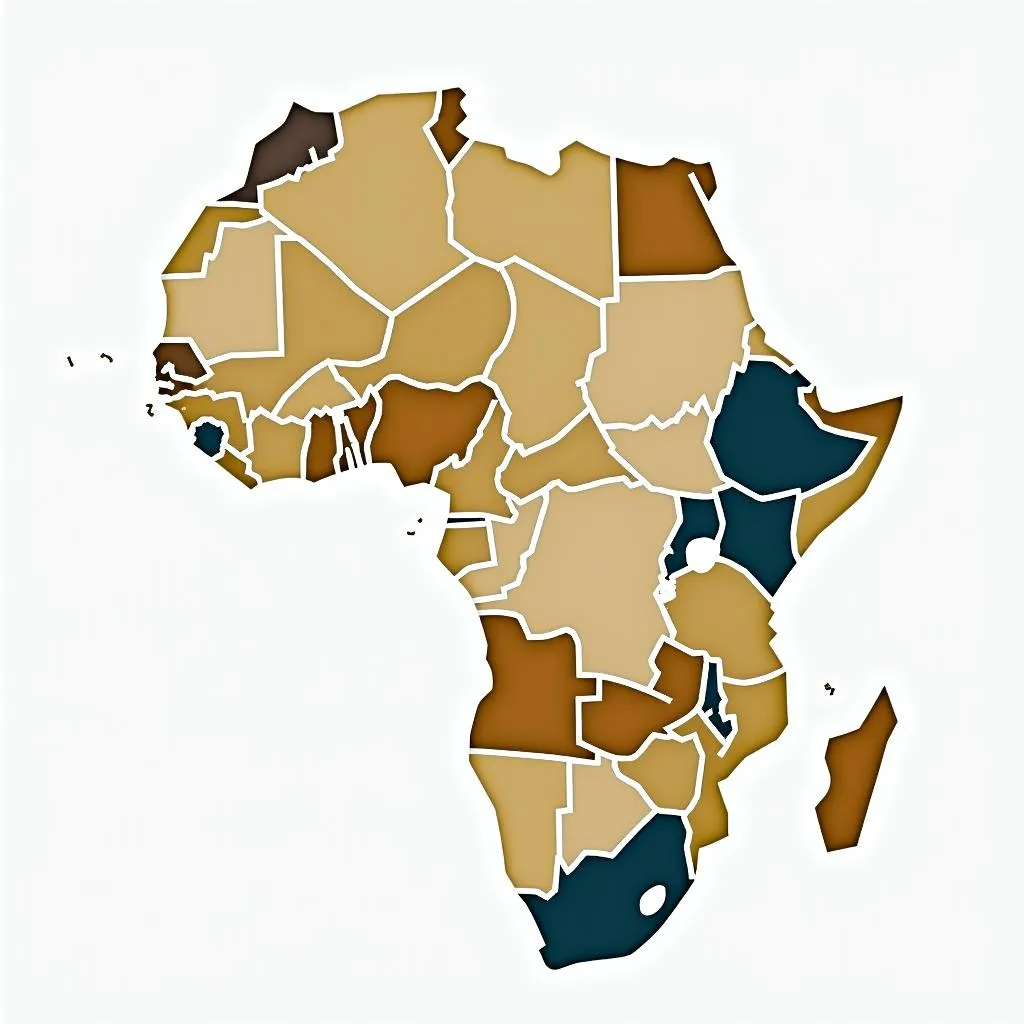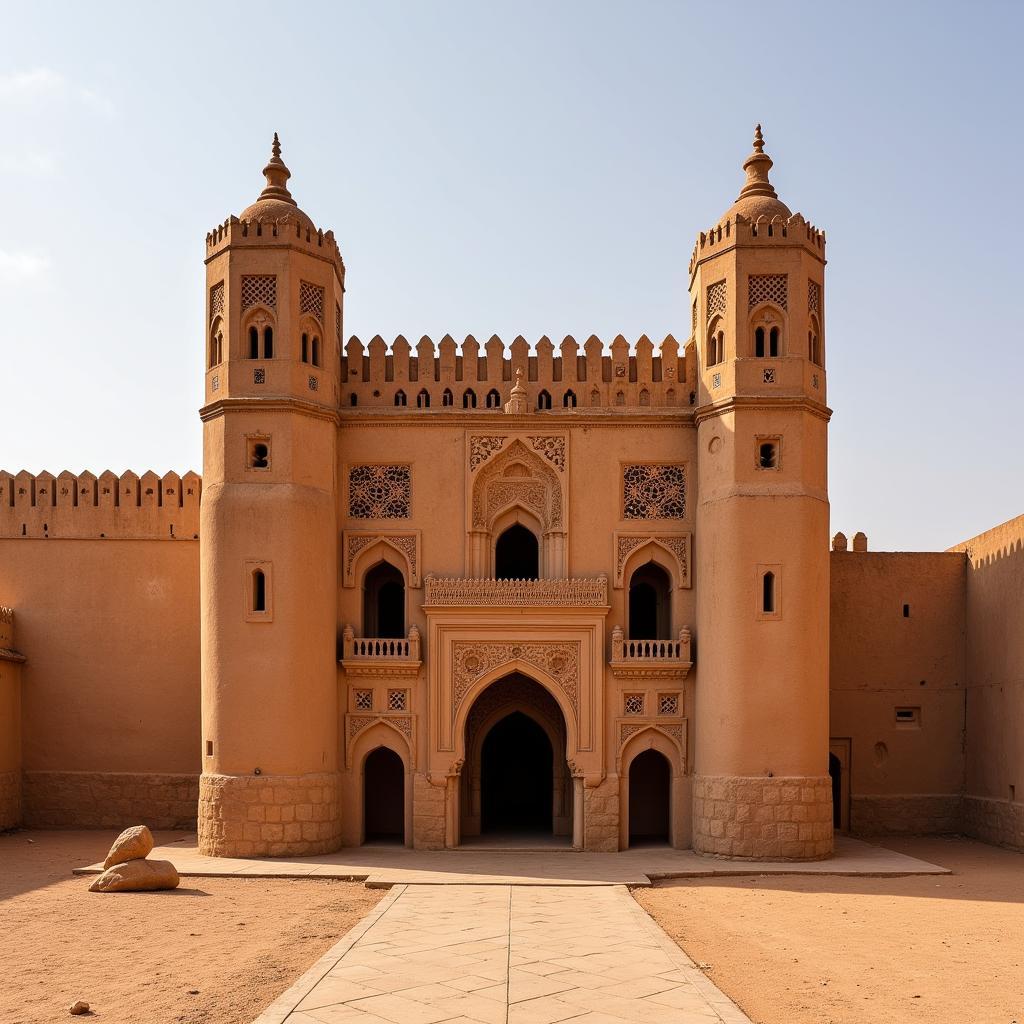Navigating African Economies: An In-Depth Look at ECOWAS
The Economic Community of West African States (ECOWAS) stands as a testament to regional integration in Africa. Established in 1975, this economic bloc of 15 West African countries aims to foster economic growth, development, and cooperation among its members. This article delves into the intricacies of ECOWAS, exploring its history, objectives, achievements, and challenges in promoting economic stability and prosperity in West Africa.
A Legacy of Collaboration: The Genesis of ECOWAS
ECOWAS emerged from the shared vision of regional leaders like Léopold Sédar Senghor of Senegal and Gnassingbé Eyadéma of Togo. Recognizing the need to transcend political boundaries and harness collective economic potential, they laid the foundation for a unified West African market. The Treaty of Lagos, signed on May 28, 1975, marked the official birth of ECOWAS, signifying a commitment to regional integration and development.
Unveiling the Pillars: Objectives and Principles of ECOWAS
At its core, ECOWAS strives to establish a single, large trading bloc through the free movement of goods, capital, and people. This ambitious goal is pursued through a multifaceted approach encompassing various sectors:
- Trade Liberalization: ECOWAS has been actively dismantling trade barriers, promoting intra-regional trade, and fostering a common market for goods and services.
- Economic Cooperation: The organization encourages collaboration among member states in areas like agriculture, energy, infrastructure development, and industrialization.
- Monetary Integration: ECOWAS envisions a common currency, the “Eco,” aimed at stabilizing exchange rates and facilitating cross-border transactions.
- Peace and Security: Recognizing that economic progress hinges on stability, ECOWAS has been actively involved in conflict resolution and peacekeeping efforts within the region.
Triumphs and Tribulations: Assessing ECOWAS’ Impact
Over the years, ECOWAS has recorded notable achievements, including:
- Increased Intra-Regional Trade: The bloc has witnessed a surge in trade among member countries, boosting economic activity and fostering interdependence.
- Free Movement of People: The ECOWAS Protocol on Free Movement has facilitated easier travel and migration within the region, fostering cultural exchange and economic opportunities.
- Conflict Resolution: ECOWAS has played a crucial role in mediating and resolving conflicts in countries like Liberia, Sierra Leone, and Guinea-Bissau.
However, challenges persist:
- Political Instability: Coups d’état and political unrest in some member states pose significant threats to regional integration and economic progress.
- Infrastructure Deficits: Inadequate transportation, energy, and communication infrastructure hinder trade, investment, and overall development.
- Implementation Challenges: Effective implementation of ECOWAS protocols and agreements across all member states remains an ongoing concern.
 ECOWAS Headquarters in Abuja
ECOWAS Headquarters in Abuja
What are the key features of ECOWAS?
ECOWAS is characterized by its:
- Diverse Membership: The bloc encompasses countries with varying levels of economic development, political systems, and cultural backgrounds.
- Regional Focus: Its operations are specifically tailored to address the unique challenges and opportunities present within the West African sub-region.
- Multi-Sectoral Approach: ECOWAS initiatives span a wide range of sectors, reflecting a holistic understanding of development.
How does ECOWAS benefit its member states?
Membership in ECOWAS offers several advantages:
- Expanded Market Access: Businesses gain access to a larger market of over 350 million consumers, creating opportunities for growth and expansion.
- Increased Investment: The bloc attracts foreign direct investment due to its growing market size and efforts to improve the investment climate.
- Enhanced Regional Security: Collective security mechanisms and conflict resolution initiatives contribute to a more stable and peaceful region.
Looking Ahead: The Future of ECOWAS
ECOWAS stands at a crossroads, facing both opportunities and challenges.
- Deeper Integration: The pursuit of a common currency and further harmonization of policies remain key priorities for achieving deeper integration.
- Addressing Security Threats: Effectively tackling terrorism, piracy, and transnational organized crime is crucial for sustainable development.
- Promoting Good Governance: Strengthening democratic institutions, upholding human rights, and promoting good governance are essential for long-term stability and progress.
 ECOWAS Trade Map
ECOWAS Trade Map
Conclusion
ECOWAS embodies the spirit of African unity and cooperation. While challenges remain, the organization’s commitment to economic integration, peace, and security holds the potential to unlock a brighter future for West Africa. By learning from past experiences, strengthening institutions, and fostering greater collaboration, ECOWAS can pave the way for a more prosperous and integrated West Africa.
Need assistance navigating the intricacies of African markets or exploring investment opportunities within ECOWAS? Reach out to us!
Contact:
- Phone: +255768904061
- Email: [email protected]
- Address: Mbarali DC Mawindi, Kangaga, Tanzania
Our dedicated team is available 24/7 to provide comprehensive support and guidance.


